Consider the following questions before getting a dog:
- Will you have enough time for it?
- Are you ready to make a commitment that lasts for as long as your dog will live, 10–15 years?
- Are there allergies in your family or in your close circle?
- Are your finances solid enough to bear the cost of keeping a dog?
- Are you allowed to keep a dog in your home?
- Are you prepared to go out with your dog several times each day?
Pick a breed with care
Different breeds are developed for different use purposes. That is why you should consider which breed will suit your lifestyle the best. It is a good idea to find out about things like the typical temperament, exercise needs, natural instincts, coat care requirements and trainability of different breeds before picking a dog. Possible interest in a dog-related activity should be taken into account when considering breed options.
Also pay attention to the size, energy level, origin and use purpose of the breed. The breed's original use purpose may still affect the temperament and behaviour of the dog.
Study the health situation of different breeds carefully. Many breeds have a breed-specific breeding strategy (JTO), which comprehensively examines matters like the breed's health situation, hereditary illnesses, temperament characteristics and possible behavioural problems as well as the history of the breed.
Keep in mind that a breed should not be chosen on the basis of its appearance alone.
Help for selecting a breed is available through the breed test and breed presentations included in the Finnish Kennel Club's website Hankikoira.fi (in Finnish).
Once you find a suitable breed
Once you identify a breed that suits you and your family, it's time to start looking for a suitable litter and breeder. You should do your background work diligently in this department as well in order to find the right pup.
You can start looking for a puppy in the Finnish Kennel Club’s Puppy List. The websites of breed clubs are likewise good places to look up lists of breeders. Further information about breeds can be obtained from, for example, the puppy advisor of the respective breed club.
After you identify a suitable breeder, go and see the dam and pups in their growth setting. This enables you to verify that the dam and pups are provided with an appropriate environment. You can also observe whether the dam and the pups have a trusting attitude towards the breeder and other people.
A responsible breeder is genuinely interested in the puppies’ well-being and wants to guarantee them happy futures in homes that are perfect for them. That is why a good breeder asks you a lot of questions regarding you and your life.
Examine information about a pup's dam and sire also via the Finnish Kennel Club's Breeding Database, which will give you access to, among other things, health results, pedigrees and show and trial results.
Do not buy a dog from a suspicious seller. Pups must be clean, lively, have healthy skin and move around normally. The breeder suggesting the buyer to take the puppy home right away is a definite red flag. A puppy mill wants to sell the puppies in a hurry, before possible diseases come to light.
Even if you feel sorry for a dog that is being raised in poor conditions, don't buy! Never buy a pup out of pity – saving one also supports the activities of a puppy mill and the dogs will keep suffering. You can report suspicious dog trading.
Always get an official bill of sale when buying a dog. If the seller is reluctant to fill in any part of the contract, something may be amiss.
Rehoming adults
Enquire at your local animal protection society or an animal clinic that accepts strays and abandoned dogs if you are looking to provide a new home for an adult dog. If you are interested in rehoming a specific breed of dog, ask the relevant breed club about adult dogs in need of a new home or contact a breeder directly.
When details about an adult dog's earlier life and the reason why it is being given up are known, the new owner is better equipped to prepare for possible problems. If little is known about the dog's past and there is a possibility that it has been mistreated, it is likely that it will take longer to establish communication with the dog and for it to adjust to the habits of its new family.
A bill of sale should always be drafted on the purchase of an adult dog as well.
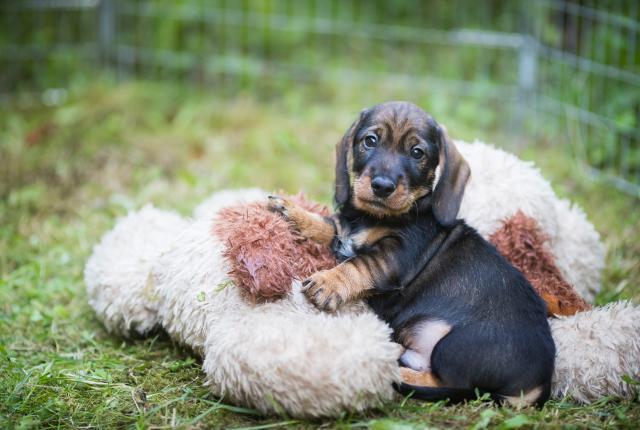
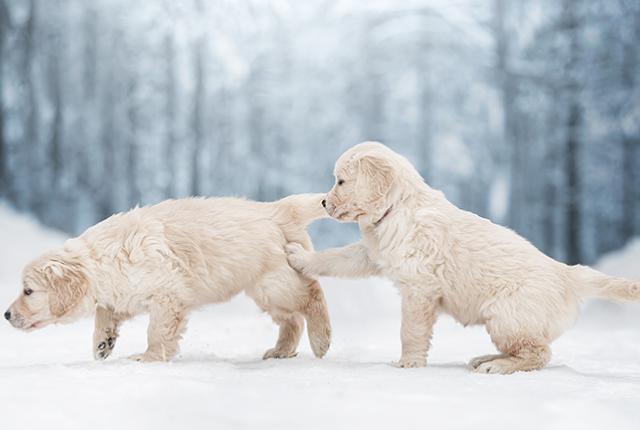
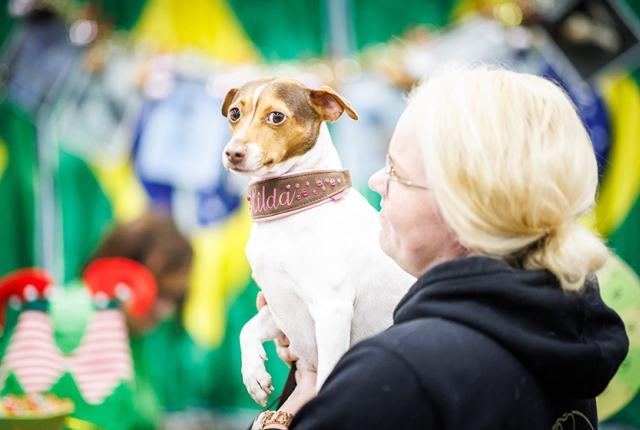
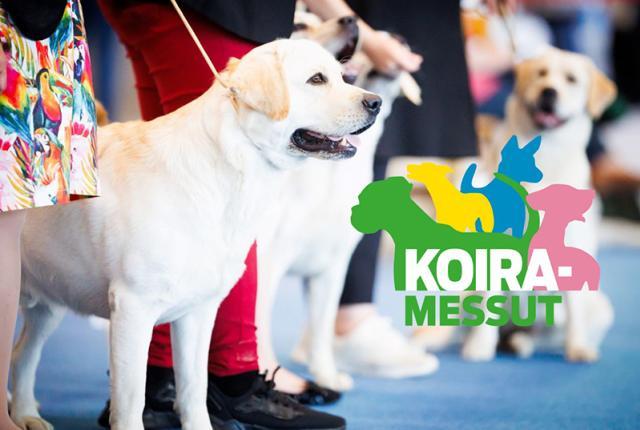
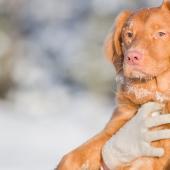
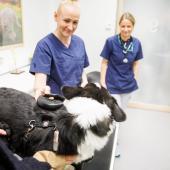

 PrimaDog
PrimaDog Agria
Agria